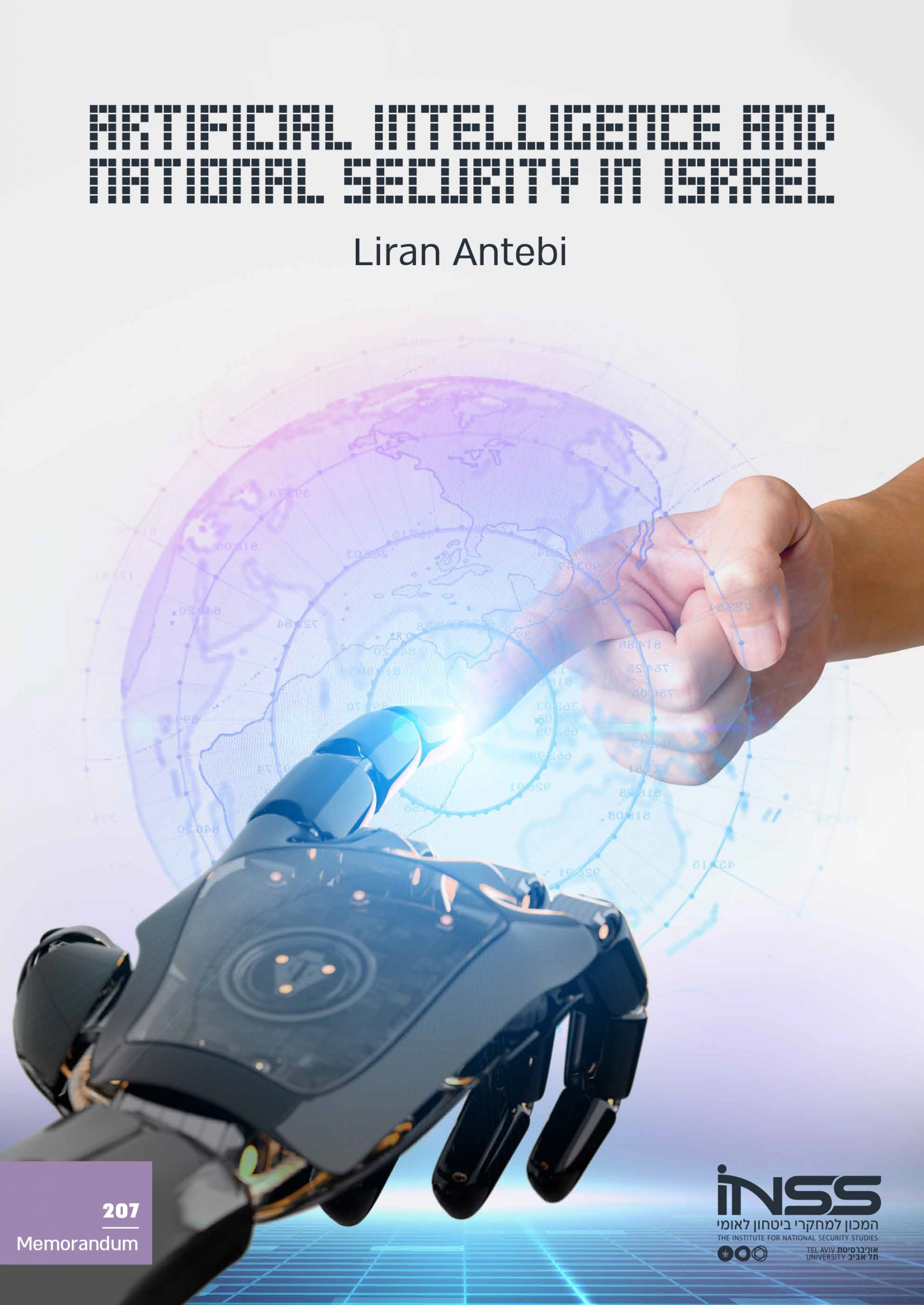Publications
Memorandum No. 207, February 2021

Artificial intelligence (Al) is a general name for data-based computer systems that are capable of producing knowledge and new insights through abilities, such as understanding, reasoning, and perception, which until now have been perceived as uniquely human abilities. Experts estimate that Al will change our lives beyond recognition, when it takes control of a variety of familiar actions and enables a wide range of new capabilities and applications. This technology has already affected many areas, including national security. Many countries and organizations have begun to recognize that artificial intelligence is no longer a future or futuristic technology; rather it is now a fundamental need. Given the potential influence of AI and Israel’s being a leader in this field, in 2019, the Institute for National Security Studies convened a team of experts to formulate a recommended policy for Israel in this field.
This memorandum serves as a guide to the core issues and terms related to AI. The memorandum presents the technology and its security applications; reviews the state of development and the use of technology in leading countries, and its current and future influences on the international arena, including the “arms race.” The memorandum surveys and analyzes the situation in Israel, in addition to the many challenges of Al’s development, implementation, and use in the field of security and policy. Finally, this memorandum makes policy recommendations regarding Al in the fields of research and development, budgeting and infrastructures, human resources, legislation, regulation, morality, and more.
This memorandum emphasizes that Israel should now formulate a policy in the field of Al so that it can attain significant achievements in the field and not allow such an important and challenging area to be influenced by market forces only. The issues presented here could have a crucial impact on Israel’s future strength, including its economy and its ability to maintain and improve its national security.
Click here to download the full memorandum



